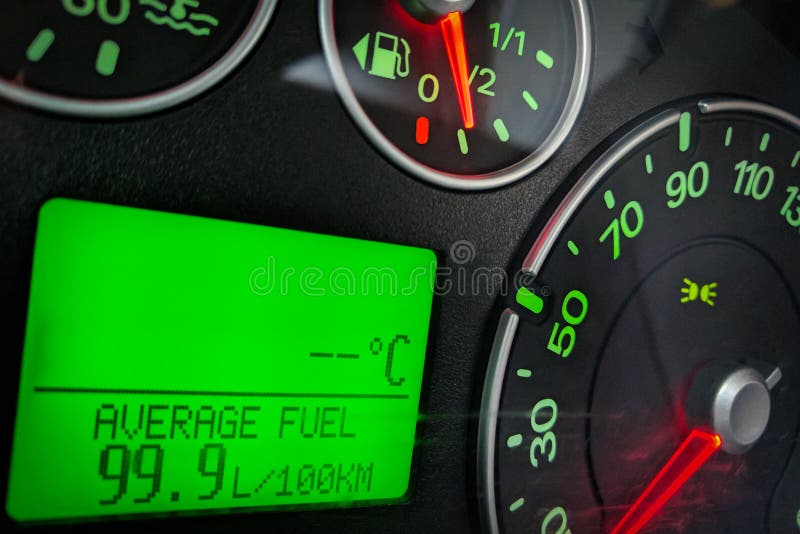

Contrary to the situation, sometimes cars tend to consume excessive fuel, making them “fuel hungry.” Read on, to know why that happens. The vehicle that consumes minimal fuel is an ideal one. Excessive Fuel Consumption Causes: Faulty Parts & Improper Maintenanceįuel is needed to keep the car going. Gas mileage decreases rapidly above 60 miles per hour, so observe the speed limit and unless it is safe and necessary to do so, like when you’re on a highway, there is no need to drive too fast. Turn your engine off if you are going to be stopped in traffic for 15 seconds or longer. In addition, aggressive driving where you accelerate hard and brake late causes you to flood the engine with extra fuel and therefore use more. Poor Driving Habits Cars use the most fuel during initial acceleration so if your trip is short or involves a lot of stops then you will inevitably use more fuel. The key to reducing the fuel consumption is synchronizing the speed with the gear changes and accelerating to a limit. In simple words, if you drive with smaller gear and the speed requirement is more, the fuel would be overly used. That, in turn, would demand more power to make a move, thus more fuel consumption. Assume, you have put on the 2nd gear and moving with a 50km/hr speed. This occurs more when you are an amateur driver.
#HIGH CONSUMPTION MANUAL#
If you are an owner of a manual transmission car, there are chances of utilizing excessive fuel. > Are you interested in a used car from Japan? Click here << When You Put On The Wrong Gears Clear up your trunk to enjoy better mileage. Once done, you’ll magically notice a change in the amount of fuel consumption. Clear out your vehicle by removing unnecessary stuff so that the load can be lessened to an extent. You could also do away the roof rack or the aptly the carrier if you do not use it much. When you seek fuel economy, reducing the extra weight is a recommended option. That may sound convenient, but you are indirectly increasing the fuel consumption. If you are fond of travelling long distances, you must be having a load of things in your car. Sometimes the fault is not in the mechanical block, but the load that your car is carrying. Another tip is to use air vents to circulate air instead of air conditioning. Such a step would cool down the car a bit, thus better fuel economy.
#HIGH CONSUMPTION WINDOWS#
The right thing to do is open windows for a few minutes after you start driving, before turning the AC on. This is when you are driving at a speed of 80 km/hr or more, as the open windows are liable to produce aerodynamic drag. Sometimes AC use can be better for fuel consumption. Same goes for a car heater! Read through maintenance tips to know more on car heaters, fuel consumption concepts. The AC is known to amplify the load on the engine, thus is one of the most common high fuel consumption causes. Have a check on how frequently you are using the car’s air conditioner system. If you are into a habit of driving with the AC “ON,” the fuel consumption would soar to heights. Your precious vehicle deserves proper handling, so start changing your driving habits today to maximize its lifespan and enjoy many more smooth, trouble-free rides. Excessive Fuel Consumption Causes: The Way You Driveīefore moving on to potentially worn or faulty parts in your vehicle that is causing poor fuel economy, you should do a quick check to see if you have any of the following bad driving habits.
#HIGH CONSUMPTION HOW TO#
This is followed by a list of common causes stemming from improper maintenance and/or faulty parts in your vehicle, and how to diagnose as well as how to fix them. In the first section, you will find bad driving habits that are actually contributing to poor fuel economy. Learn the most common excessive fuel consumption causes today and how to fix these problems to achieve optimal fuel efficiency and maximize your engine’s performance and lifespan. Did you know that without regular and proper maintenance, a vehicle can burn up to 30 per cent more fuel? Many things can lead to bad fuel economy, including both worn and faulty parts and your driving habits, and remember that poor mileage also means an inefficient engine.


 0 kommentar(er)
0 kommentar(er)
